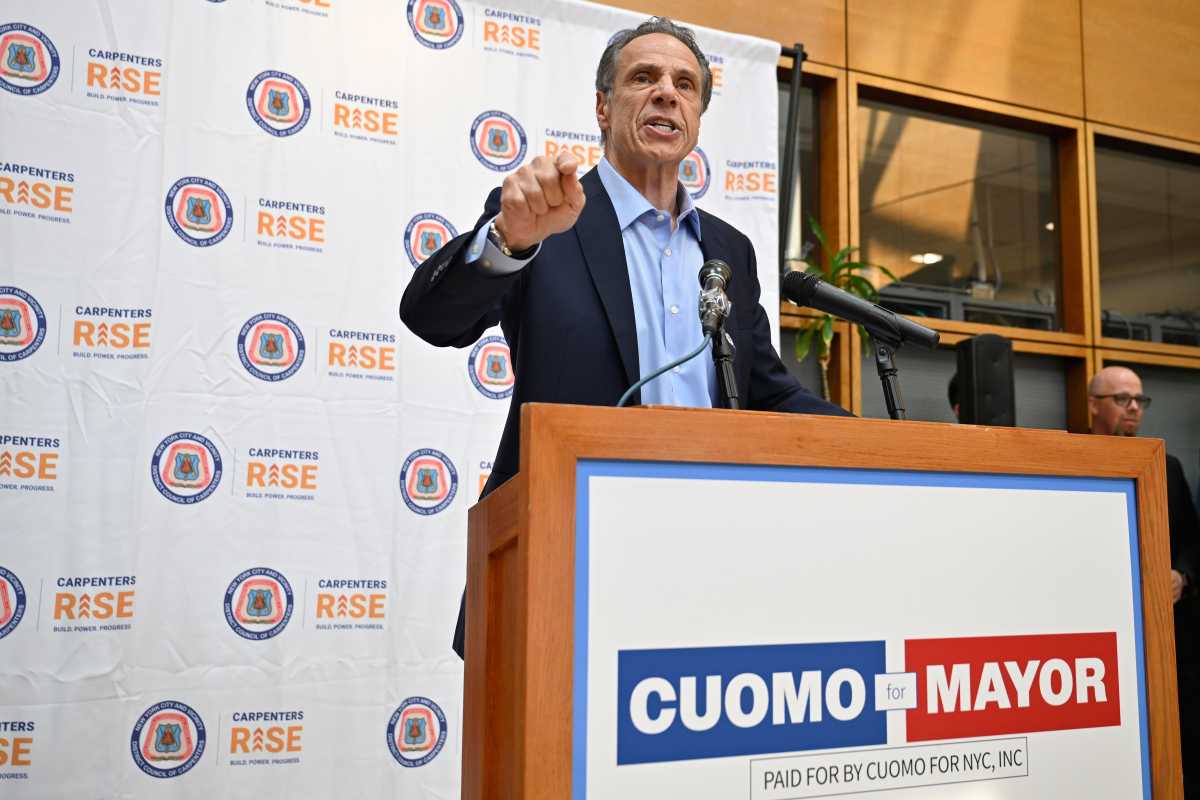The personal is political. That old 1960s-era women’s movement mantra comes to mind anew, thanks to the abrupt resignation of Gov. Spitzer.
On Monday, when his fate was still in his — and his wife and advisers’ — hands, Spitzer issued a brief apology in which he said, “I do not believe that politics, in the long run, is about individuals. It is about ideas, the public good and doing what is best.”
On this, the future former governor is just as mistaken as he was when he apparently believed he could hire prostitutes, book hotel rooms under a friend’s name, transfer tens of thousands of dollars and avoid detection.
Spitzer’s denial notwithstanding, politics is about individuals — indeed, their pettiness, stubbornness, vindictiveness and other character flaws are exactly the reasons why all-too-many efforts to do “what is best” end up turning into cut-your-losses compromises or complete policy failures.
It’s not easy to summon up all the missed opportunities and failures that occurred because of our leaders’ weaknesses:
Would we have universal health care coverage if Hillary Clinton had not been so secretive?
Would we be entering the fifth year of a seemingly endless war in Iraq if President Bush was not prone to cowboy diplomacy?
Would John Kerry now be president if he didn’t wimp out amid specious attacks about his patriotism?
Would 9-11 have ever happened if Bill Clinton had been more focused on the world instead of that woman, Miss Lewinsky?
Too often, the media is criticized when it probes too deeply into the personal lives of politicians — but time and again, we are reminded that the supposed great men (and women) of history are nothing but normal human beings, full of flaws.
As such, elections are, rightly, the time to examine these flaws.
In his ignominious fall, Spitzer sought to deflect attention from his failings and stick to noble words about public good and ideals. But the keys to anticipating this week’s meltdown were visible to anyone who cared to examine the man’s personal history, one that included constant abrasiveness and a well-reported — though soon-forgotten — lie about how his first run for attorney general was financed.
We are reminded again how dangerous it is to believe that a candidate’s stated ideals alone are important when picking our leaders. As history has shown, a liar is a liar is a liar — and those lies inevitably pollute whatever ideals the candidate says he’s pursuing.
As posters in a Brooklyn, Iowa schoolhouse declared during the caucuses there: “Character counts.”
The saddest part of the Spitzer Affair is the reminder that most elections give voters only one option: to choose the candidate whose personal failings will be the least damaging to the public good.
























